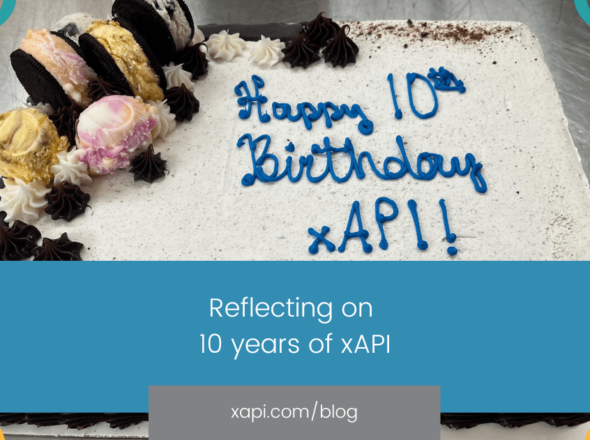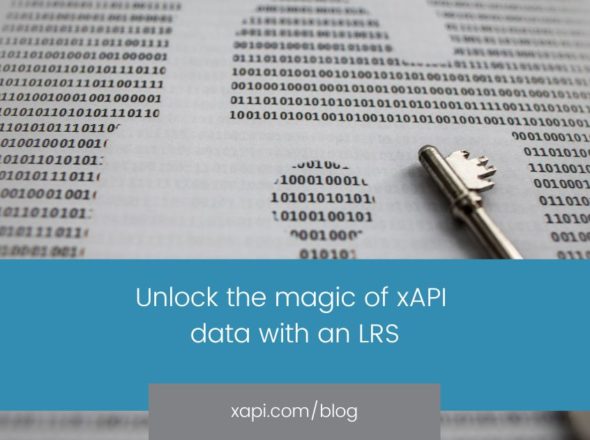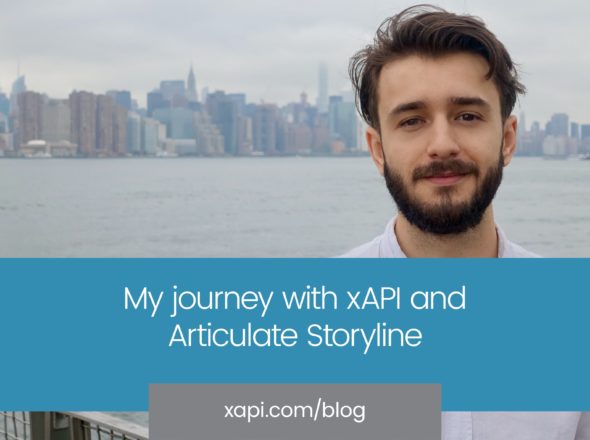
Meet Steve… Steve is in his 20’s and he uses the internet for EVERYTHING. Steve recently finished his Bachelors degree in business, he works in finance. Every day he finds himself more interested in the technology he’s using for his job, more than the job itself. How does it work? Why was it designed in a particular way?
As Steve’s curiosity grows he starts reading about web development, user experience, and design. One day he realizes that is what he really wants to do, he wants to work with technology that helps people do the things they need to do, better. Steve starts searching job boards for jobs in software and web shops. He realizes that while his management experience and his understanding of complex workflows are an asset, he can’t get an interview from what his resume shows. He can’t list all of the articles and blogs he’s read on a resume, he can’t prove that he understands these concepts easily.
An Obstacle
Steve’s been taught his whole life that formal education, degrees, classrooms, and certificates, are how you get a job. He starts looking for degree programs that match the requirements from the job posts… None of them really match. He’s looking to do business analysis, manage web products, do user experience design. He can’t quit his job to go back to school, he has a ton of debt from his bachelors degree.
Steve goes back to the internet and starts asking friends who work in software development how to get where he wants to be. He is overwhelmed by the amount of information that comes back to him. Meetups, conferences, communities of practice, websites, social networks, blogs, best practices, and beyond. He decides he’s just going to do it. He starts taking advantage of every piece of information he can find. He starts using the tools, he starts trying to put up sites. Pretty soon, he’s talking to people who are recognizing that he gets it. He has analyzed problems, scoped tools to solve those problems, designed wireframes and workflows. All of the learning, it’s in his head, he doesn’t have proof of these learning experiences.
One Path Currently Available
Great! People are getting that he gets it, Steve is loving it. Except that he still has to go to his day job everyday in finance and do work that he doesn’t have passion for. Finally, Steve’s connections lead to a junior position as a business analyst at a software development company because his resume shows no formal training and no experience backed by an organization. Steve knows more and can do much more than a junior position, yet he’ll take anything to get out of finance.
This is one example of a very, very common scenario.
Degree programs many times don’t match the jobs available or smaller goals. Getting a new degree isn’t always possible for many of the jobseekers in our economy.
Another Way Forward
This is why Experience API is so important. We know people learn everywhere doing so many things, but have a lot of obstacles to expressing all of that learning because it’s cumbersome and sometimes it’s downright impossible (go ahead, try and get your activity stream data out of Facebook). xAPI changes that. It can collect all of the enormously varied learning experiences and make them accessible to a person. A person can own data about what they have done in many different places instead of bits being locked in the LMS, the conference registration system, the social network, the mobile application, the design tool, their SVN software, their SAP system, Salesforce, and beyond.
Now imagine Steve can take all of the statements of his activity and group them. He can show things he has actually done as proof that he is qualified. Even those degrees and certificates can be broken down into what he did in his courses, not just what the final piece of paper the school handed him that says he spent a lot of time on a huge (and somewhat vague) subject.
Even More Ideal…
Now imagine that he starts off with the ability to collect his data and that same tool also helps him to find people and resources who can help him along the way. A tool that helps him figure out what he wants to do and helps him to do more of it, by connecting him to the communities and information about it. What more could Steve accomplish if he had proof of what he’s done and a tool that helped him get to the next level?
This is what personal data lockers should be about and why xAPI is a big deal for everyone.


